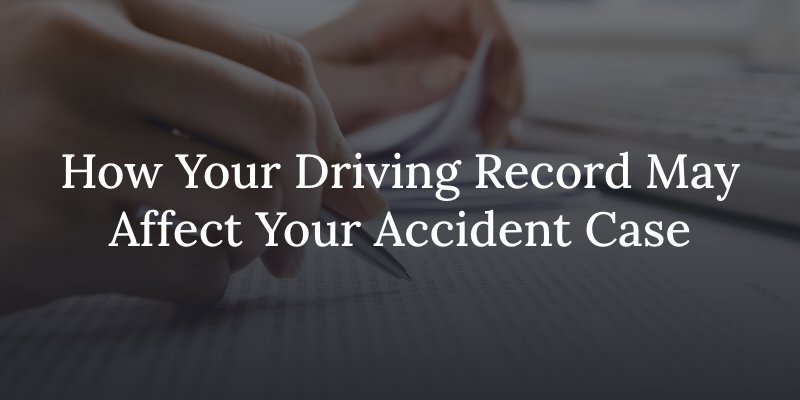After a car accident with injuries, the victim may quickly feel overwhelmed by medical bills, property damage to their vehicle, and lost paychecks while they’re recovering from their injuries. In Missouri’s fault-based insurance state, in order to recover the maximum compensation for their damages, they must prove the other driver was at fault for the accident. “Damages” in a car accident claim refers to all of the economic and non-economic consequences of the accident including tangible expenses and intangible consequences like pain and suffering. A St. Louis car accident attorney can help determine the amount of damages available in your case.

Understanding Comparative Negligence Insurance Systems After an Accident
Unfortunately, it isn’t always completely clear who is at fault in an accident without an investigation. The insurance company of the at-fault party will likely argue that the injury victim shared a percentage of fault for the accident in order to minimize the amount they have to pay out on the claim. In a comparative negligence state like Missouri, the insurance company subtracts the percentage of the injury victim’s fault from the amount of compensation they pay out. For instance, if the injury victim was 25% at fault and their claim is valued at $100,000, they’ll receive $75,000.
Often, insurance companies investigate the accident in the hopes of proving the victim shared some or all of the blame for the accident. But does that mean that a motorist’s past driving record can be used against them in an accident claim?
What if I Have a History of Speeding Tickets and Traffic Infractions?
When you pay a speeding ticket, you’re effectively admitting to the traffic infraction. This adds points to your driving record. Though the point system varies in different states, reaching a specific number of points within a set period results in the suspension of your driving license. A driver with a history of accumulating points on their record may worry that this could be used against them in their claim.
In most cases, a motorist’s previous driving record isn’t admissible in court in a car accident lawsuit. The Prior Acts Rule states that you cannot prove that a driver caused or contributed to an accident based on their past driving record. A driving record is inadmissible in court if the opposition attempts to use it in this way; however, there are circumstances in which the record may be entered into evidence.
Under What Circumstances Could a Past Driving Record Become Admissible Evidence?
While evidence of past speeding or even previous accidents isn’t typically admissible in court, there are circumstances when a driving record can be entered into evidence, including the following:
- If you’ve stated that you never speed or you’ve never had an accident, and your record shows otherwise, the attorney for the defendant can enter your driving record into evidence to damage your credibility
- If you are a commercial driver with a negative driving history and your employer hired you anyway, they may be liable for damages in an accident
- If you’ve had a similar accident in the past, the record could be admissible to show that you were aware of the danger
- If you experienced injuries in a previous accident, the insurance company may claim that the previous accident caused your injuries and they were a pre-existing condition
Regardless of your past driving history, if you were injured in an accident and the other driver was at fault, you’re entitled to compensation. It’s imperative to have a skilled and experienced personal injury attorney in your corner to counteract common tactics used by insurance companies, including attempts to use an unrelated previous traffic infraction against you.

